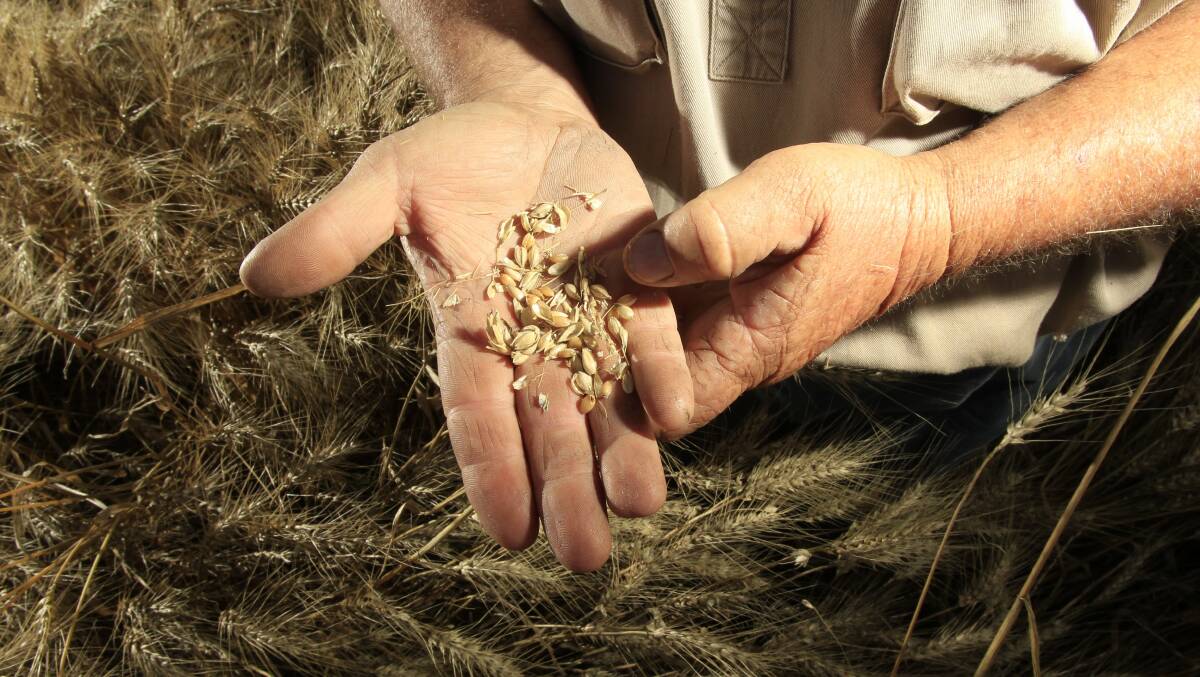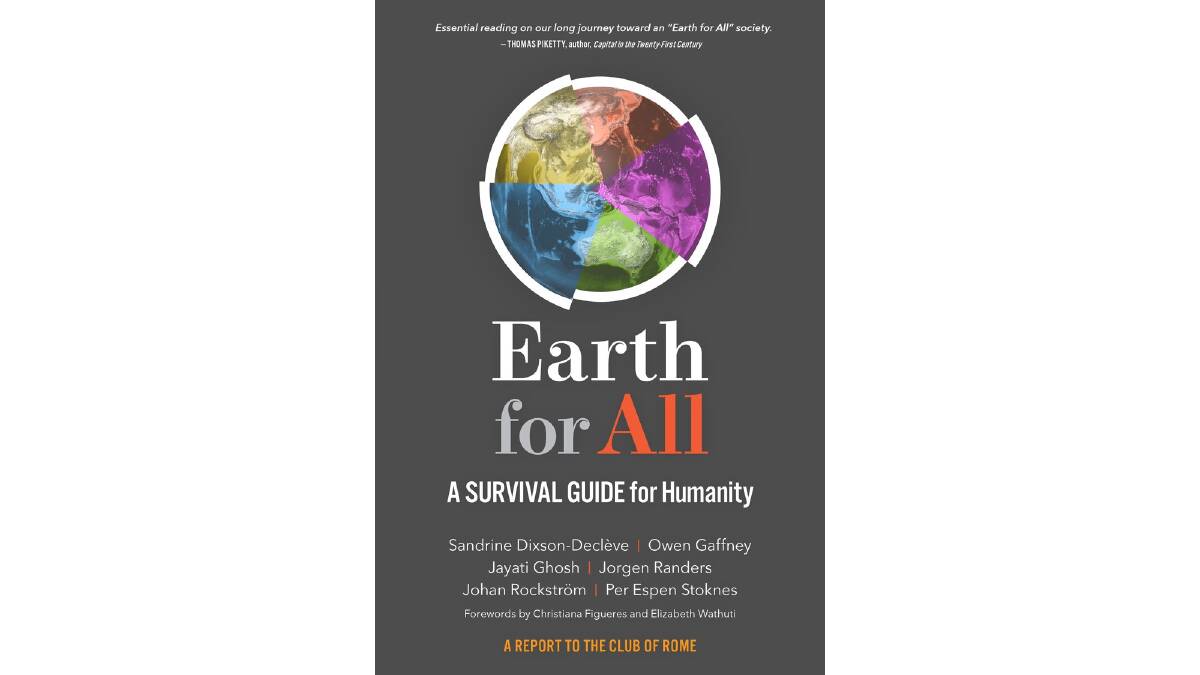
Earth for All: A Survival Guide for Humanity by Sandrine Dixson-Decleve et al. New Society Publishers. 208pp. $34.99.
Subscribe now for unlimited access.
or signup to continue reading
Published by a large, distinguished, international group of authors for The Club of Rome, and with a foreword by United Nations climate change leader Christiana Figueres, this book is highly recommended reading for everyone with an interest in the survival of our human species.
The book is built around a system dynamics model entitled "Earth4all". This model provided the opportunity to test the feasibility of alternative future human worlds, given a wide set of assumptions about human behaviour, future technological development, economic growth, and food production and how all of this affects the biosphere and the climate.
The book describes the outcomes of two model scenarios, entitled "Too little too late" and "Giant Leap".
The authors conclude that "Giant Leap" with five extraordinary "turnarounds" could very substantially reduce risks to the human future.
The turnarounds are:
- Ending poverty
- Addressing gross inequality
- Empowering women
- Making our food system healthy for people and ecosystems, and
- Transitioning to clean energy.
It is argued that there are sufficient knowledge, funds and technologies in the world to implement these five major turnarounds and that all of them are needed to place us on a safe path.
These major changes will require reshaping of markets and long-term thinking. Only governments supported by citizens can provide this.
The firm conclusion is that governments need to become much more active. And it is recognised that they will only do this if they are being pushed by their constituents to do so.

The book suggests that these turnarounds could be achieved by 2050 - within a single generation - but this action needs to start now.
Without urgent action we can expect rising social tensions that will make it more difficult to solve civilisational challenges in future.
It is stated that the next decade must see the fastest economic transformation in history.
It will require building the broadest coalition the world has ever seen and it will need to happen as economic power shifts away from the old dominant West in the coming decades, to the rest of the world.
It will require rewiring the global economic system and a major rethink about economic growth, so that economies that need to grow can grow and economies that are currently over-consuming, can develop new viable operating systems.
It is 50 years since the Club of Rome published an important report on "Limits to Growth".
It warned about the possibility and even the likelihood of ecological overshoot and societal collapse if humanity kept pursuing economic growth and exponential consumption without regard for finite natural resources or environmental costs.
It warned that global society would overshoot earth's physical limits and experience sharp declines in available food and energy, along with rising pollution and ensuing decline in standards of living.
The earlier "Limits to Growth" report was based on a computer model which was severely limited by today's standards. But it provided a remarkably accurate global assessment model for what has happened since then.
Scientists now acknowledge that the dominant driver of change within the earth system is now human activity fuelling over-consumptive economic growth.
Let's not pretend that the turnarounds proposed in this book will come about without unprecedented global collaboration.
But the book points to worldwide, growing community awareness about the diabolical risks we are now facing as a species and a willingness to contemplate very substantial change.
And why ever not?!
- Emeritus Professor Bob Douglas is a retired public health academic and a member of The Council for The Human Future

